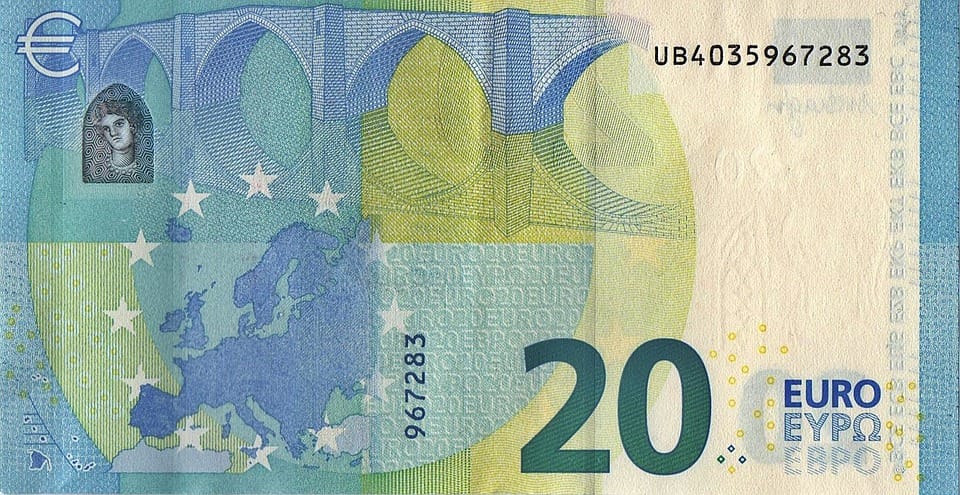ERC-20: The Most Popular Blockchain-Based Token Standard Explained
In the world of blockchain and cryptocurrency, there are numerous token standards that have gained popularity over the years. Among these, the ERC-20 token standard has emerged as the most widely used and popular standard. In this article, we’ll delve into the world of ERC-20 tokens, exploring what they are, how they work, and their significance in the cryptocurrency space.
What is an ERC-20 Token?
An ERC-20 token is a type of token that is built on the Ethereum blockchain, utilizing the ERC-20 token standard. It’s a digital representation of value that can be transferred and exchanged on the Ethereum network. ERC-20 tokens are often referred to as "Ethereum tokens" or "ERC-20 tokens" for short.
How Do ERC-20 Tokens Work?
ERC-20 tokens are created using smart contracts, which are self-executing scripts that automate the transfer of value between parties. The process of creating an ERC-20 token involves the following steps:
- Token Generation: A token is generated by creating a smart contract using a programming language such as Solidity. The smart contract defines the rules and regulations for the token, including its total supply, token owner information, and transaction restrictions.
- Token Distribution: The generated token is then distributed to users, either through an initial coin offering (ICO), airdrops, or other means.
- Token Transfer: Once the token is distributed, it can be transferred between parties on the Ethereum network. ERC-20 tokens can be transferred using a variety of methods, including using a cryptocurrency exchange, a decentralized exchange (DEX), or directly through the token’s smart contract.
- Token Management: The token’s smart contract manages the token’s supply, owner information, and transaction records. The smart contract also enforces the token’s rules and regulations, ensuring that transactions are carried out according to the predetermined rules.
Why is ERC-20 So Popular?
ERC-20 tokens have gained popularity due to several reasons:
- Ethereum’s Decentralized Platform: The Ethereum platform provides a decentralized and open-source infrastructure for building dApps, making it an ideal choice for developing blockchain-based applications.
- Flexibility and Customizability: ERC-20 tokens can be customized to suit specific use cases, allowing developers to create tokens with unique features and functionality.
- Large User Base: The Ethereum network has a large user base, with millions of active users, making it an attractive platform for token creators.
- Security: The Ethereum network is secured by the proof-of-work consensus mechanism, which ensures the integrity and security of the network.
- Interoperability: ERC-20 tokens are compatible with a wide range of blockchain-based applications, making it easy to integrate them with existing systems.
Use Cases for ERC-20 Tokens
ERC-20 tokens have various use cases, including:
- Virtual Currencies: ERC-20 tokens can be used as digital currencies for in-game transactions, peer-to-peer payments, or as a means of exchange for physical goods and services.
- Securities: ERC-20 tokens can be used to represent shares, bonds, or other financial instruments, allowing for the creation of tokenized securities.
- Data Storage: ERC-20 tokens can be used to store and manage digital data, such as documents, images, or videos.
- Smart Contracts: ERC-20 tokens can be used to execute smart contracts, enabling the automation of complex business processes.
- Gaming: ERC-20 tokens can be used in gaming applications, allowing players to earn, buy, and sell in-game items or assets.
Common ERC-20 Token Wallets
Some popular ERC-20 token wallets include:
- MyEtherWallet: A web-based wallet that supports the creation, storage, and management of ERC-20 tokens.
- MetaMask: A browser-based wallet that allows users to interact with the Ethereum network and manage ERC-20 tokens.
- Trezor: A hardware wallet that supports the storage and management of ERC-20 tokens.
Potential Drawbacks of ERC-20 Tokens
While ERC-20 tokens have many benefits, they also have some drawbacks, including:
- Gas Fees: ERC-20 transactions on the Ethereum network are subject to gas fees, which can be costly for users.
- Centralization: Despite being decentralized, ERC-20 tokens are not immune to centralization. Large-scale token holders can exert significant control over the token’s value and direction.
- Security Risks: ERC-20 tokens can be vulnerable to hacking and security risks, particularly if the underlying smart contract is not well-designed.
Conclusion
In conclusion, ERC-20 tokens have revolutionized the way we think about digital assets, providing a standardized way to create, manage, and transfer tokens on the Ethereum network. With their flexibility, customizability, and large user base, ERC-20 tokens have become the de facto standard for blockchain-based tokens. As the world of blockchain continues to evolve, the demand for ERC-20 tokens is expected to grow, offering new opportunities for developers, investors, and users alike.
Frequently Asked Questions (FAQs)
Q: What is the difference between an ERC-20 token and a Bitcoin token?
A: ERC-20 tokens are built on the Ethereum blockchain, while Bitcoin is a native cryptocurrency on its own blockchain.
Q: Can I trade an ERC-20 token on a cryptocurrency exchange?
A: Yes, many cryptocurrency exchanges list ERC-20 tokens for trading.
Q: Can I create an ERC-20 token if I’m not a developer?
A: While creating an ERC-20 token requires some technical expertise, there are platforms and services that simplify the process, making it more accessible to non-developers.
Q: Is my ERC-20 token secure?
A: The security of your ERC-20 token depends on the underlying smart contract and the security measures implemented. It’s essential to work with reputable partners and developers to ensure the security of your token.
Q: Can I use an ERC-20 token for a specific use case?
A: Yes, ERC-20 tokens are highly customizable, making them suitable for a wide range of use cases, from virtual currencies to data storage and more.
Q: Can I transfer my ERC-20 token to another blockchain?
A: ERC-20 tokens can be transferred between different blockchain platforms, but this process may require additional steps and services.
By understanding the intricacies of ERC-20 tokens, you can unlock new opportunities in the world of blockchain and cryptocurrency, and gain a competitive edge in this rapidly evolving market.

Leave a Reply